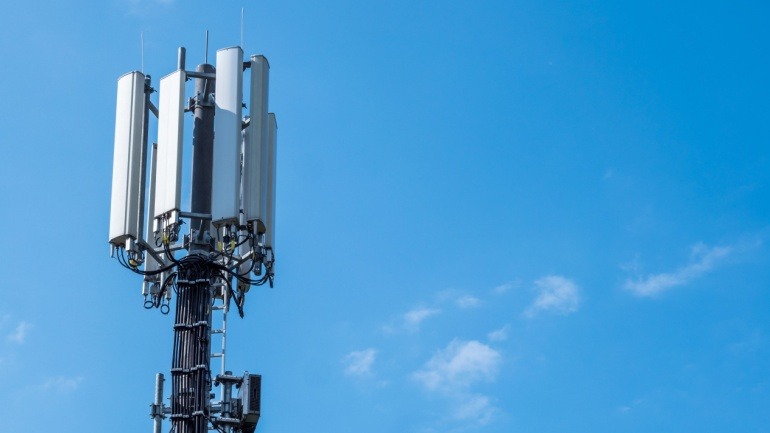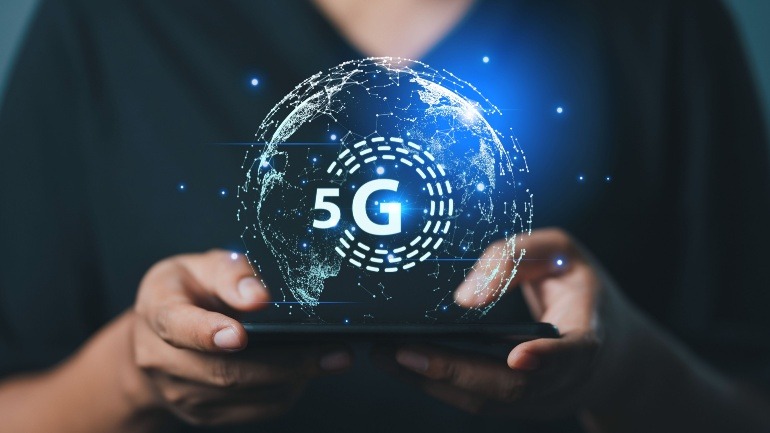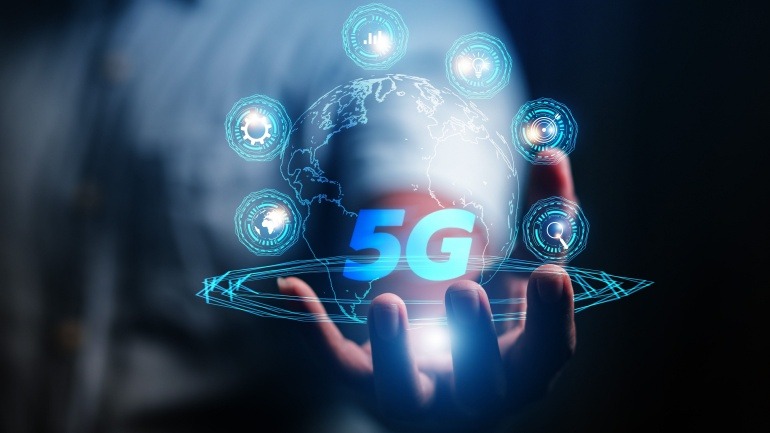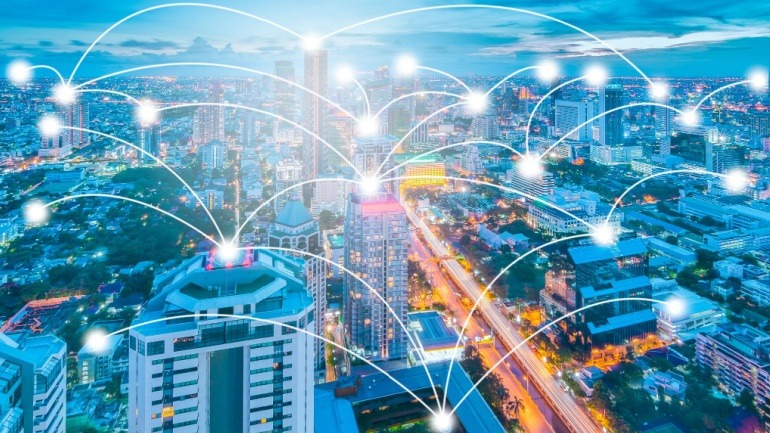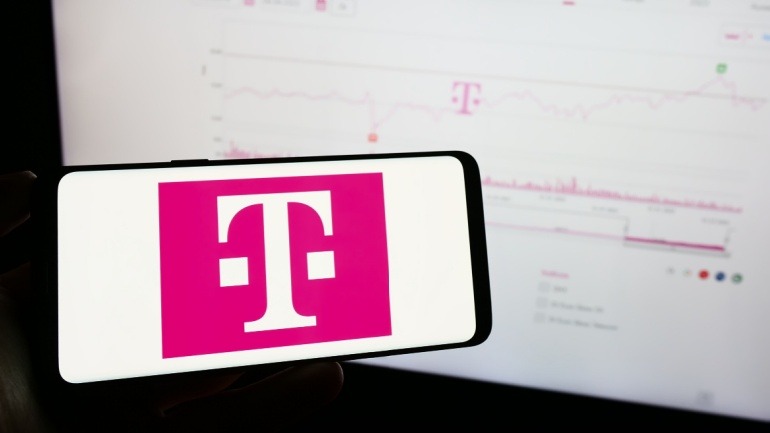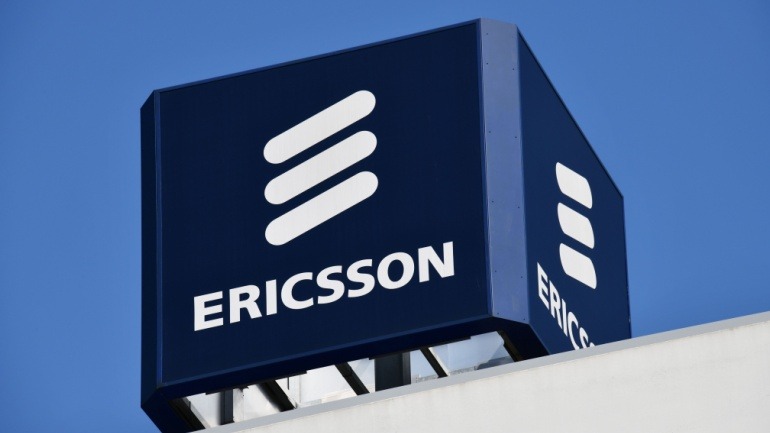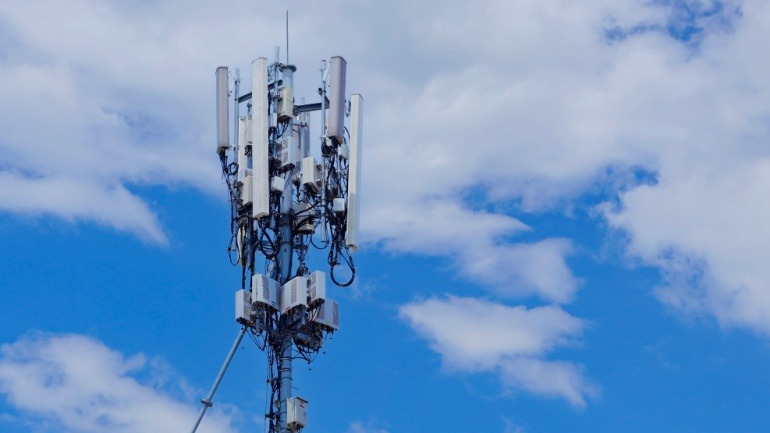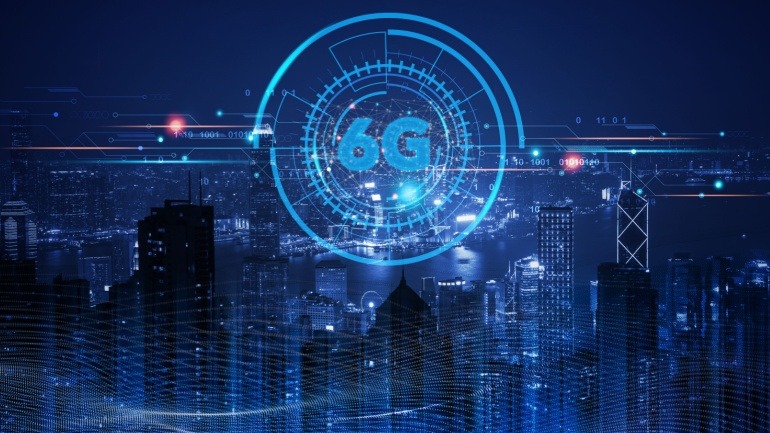Du has announced an expanded partnership with Nokia to enhance its 5G network across the UAE. This collaboration enables the deployment of Nokia’s 5G AirScale Radio Access Network, aiming for improved energy efficiency and higher service demand catering.
Ericsson is intensifying its R&D efforts in India, zeroing in on network APIs. Partnering with telecom giants, Ericsson is unlocking 5G’s potential through programmable networks, enhancing performance, and enabling new performance-based business models.
Nigeria’s telecom sector is witnessing a groundbreaking shift as it embraces 5G technology through a collaboration with Ericsson. This partnership aims to modernize telecom infrastructure, transform public services, and drive economic growth.
Vodafone Idea is set to launch commercial 5G services by March 2025, entering the competitive field amidst Bharti Airtel and Reliance Jio’s services started in 2022. Targeting 17 of India’s 22 telecom circles, Vi’s strategic approach involves upgrading 75,000 4G sites..
VoIP technology is revolutionizing telecommunications, and the partnership between Ericsson and Chunghwa Telecom is a testament to this transformation. This collaboration enhances Taiwan’s 5G infrastructure, integrating advanced VoIP solutions to boost efficiency and sustainability.
Viettel has pioneered Vietnam’s digital evolution with its first commercial 5G service, revolutionizing connectivity across 63 provinces. Leveraging 6,500 base stations, Viettel ensures seamless communication, crucial for tourism, healthcare, and smart cities.
Deutsche Telekom is charging forward in the VOIP industry with bold targets for 2027, focusing on AI to boost revenue and operational efficiency. Aiming for 4% annual growth, they’re set to revolutionize global connectivity.
Ericsson has achieved another significant VoIP milestone, securing a multi-billion-dollar contract with Bharti Airtel, reinforcing its presence in India’s telecom market. This aligns with recent collaborations with Vodafone Idea to enhance 4G and introduce 5G services.
The Republic of Korea Navy is enhancing its military capabilities by implementing a private 5G network for its Smart Naval Port project. This collaboration with Samsung and KT aims to revolutionize naval operations with AI-enabled connectivity, real-time video control, and optimized security.
NTT Docomo’s 6G Harmonized Intelligence Project envisions an AI-driven network revolutionizing telecommunications beyond 5G. By focusing on sustainability, efficiency, and enhanced user experience, this initiative aims to unlock new paradigms for AI and robots, ensuring seamless communication.



